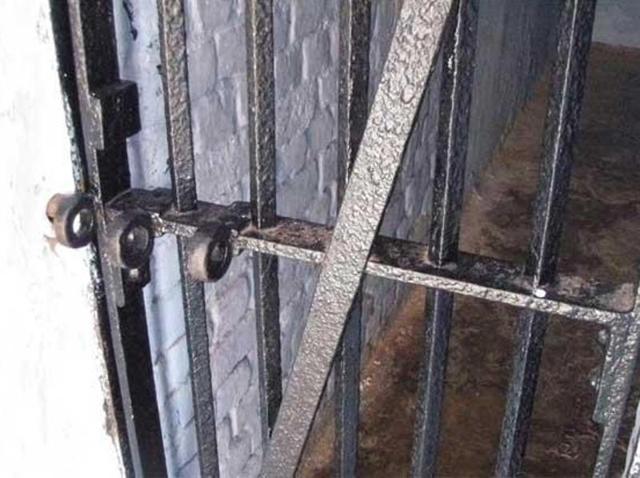HC makes bail tougher for hardened criminals
Those convicted of an offence cannot count their under-trial detention period in a separate case for seeking bail. There can be no concurrence (simultaneous occurrence of events) of under-trial detention in one case with post-conviction sentence in another for the purpose of bail, the Punjab and Haryana high court has ruled while hearing a bunch of bail matters.
Those convicted of an offence cannot count their under-trial detention period in a separate case for seeking bail. There can be no concurrence (simultaneous occurrence of events) of under-trial detention in one case with post-conviction sentence in another for the purpose of bail, the Punjab and Haryana high court has ruled while hearing a bunch of bail matters.

Serial offenders used to claim detention in one case as custody for another crime committed, while seeking bail. Due to the longer detention shown, they would often be considered for bail by the courts, and after coming out on bail would again indulge in crime. “Now, habitual criminals will be restrained from getting benefit of same custody in many FIRs, and ultimately, it will result in their staying in jail for longer periods. The order will also instil confidence in society,” said Haryana additional advocate general Surinder Singh Pannu, who was associated with the case.
The high court held that a convict could not serve the sentence in one case and simultaneously show that he was in custody under trial. It should be kept in mind that a crime might have an individual victim, yet it also transcended into an offence against the state and the criminal jurisprudence of every age strove to strike a balance between the rights of the accused and those of society.
“When a person in under-trial detention in one case is convicted and sentenced in another case, his detention in the first case ceases and the clock stops till such time as he is released in the second case, and his period of under-trial detention in the first case would again start only after he is released (either on bail or on acquittal in appeal) in the second case,” said justice Ajay Tewari in his order.
The high court also made it mandatory for the prosecution to submit custody certificates before the judges in lower courts at the time of consideration of prayer for bail or at the time of sentencing of the accused so that courts could decide cases in “perspective”. So far, it was mandatory to produce custody certificates during the proceedings only in the high court.
The high court also directed Punjab, Haryana and Chandigarh to work out an effective custody certificate jointly and forward it to all jails in both the states and the union territory. The high court gave a month’s time to the respondents to comply with the directions. The high court registry has also been directed to circulate a copy of this order to all courts, jails and public prosecutors within a month.
One of the petitions was of Tejinder Singh, a Punjab resident, convicted in 10 cases, all involving physical violence, who had cited under-trial detention and post-conviction sentence period of multiple cases clubbed together to make a case for his bail. During the hearing of the case, the high court had also made Haryana and Chandigarh as parties and appointed an amicus to adjudicate the issue.





